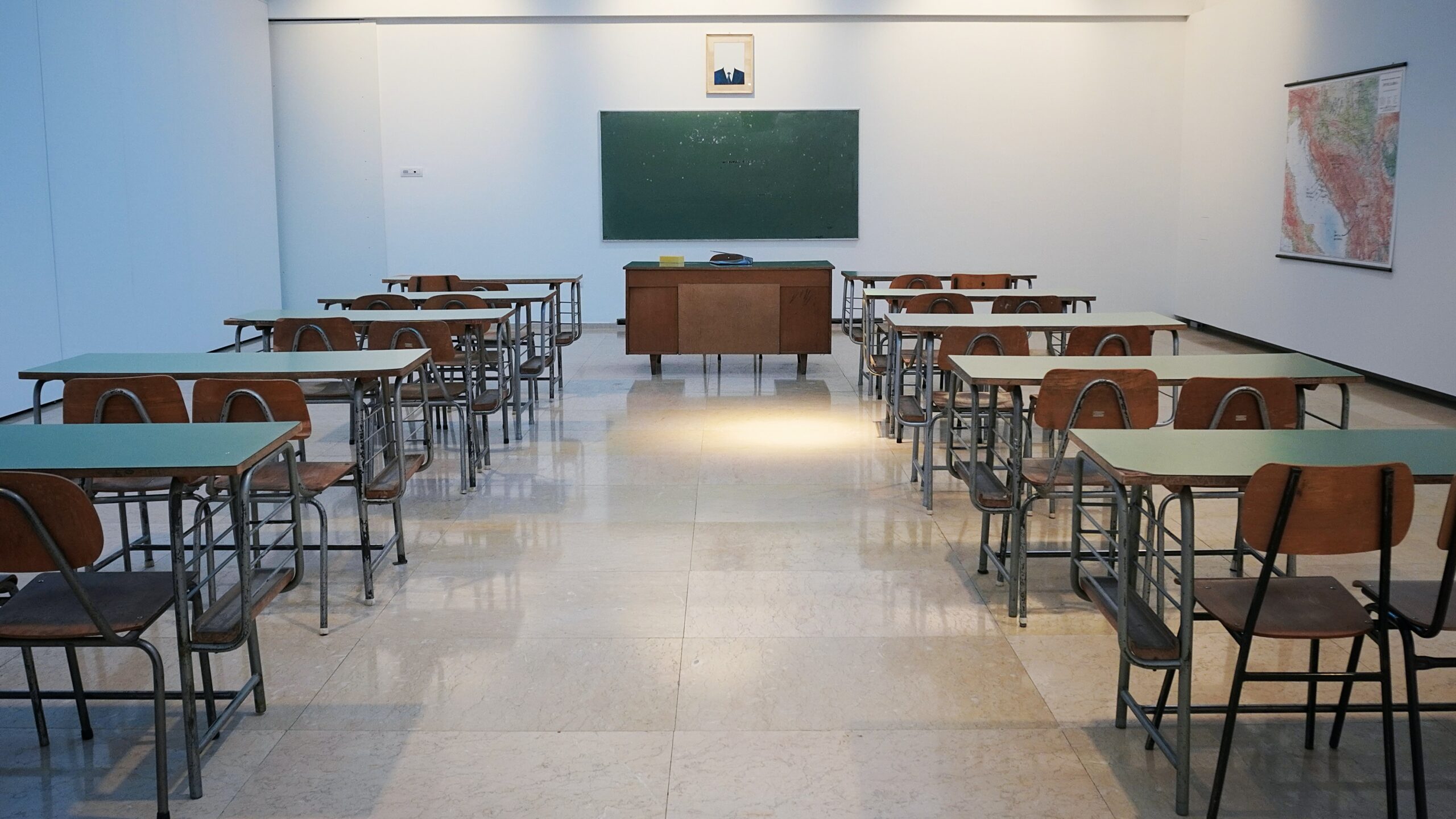Millions of people across the Middle East and North Africa (MENA) region have yet again been subjected to internet shutdowns during student exams. This summer, authorities in Sudan, Algeria, Syria, Jordan, and Iraq followed the same script played out repeatedly in recent years, where the internet is disrupted to prevent students from cheating or leaking exam questions. Not only is this approach ineffective in curbing cheating, it is disproportionate, draconian, and harmful to all people living in affected areas.
Sudan: on brand
On June 10, 2022, Zain Sudan notified its customers that it would be shutting down mobile internet from June 11-22 during national exam sessions. Similar to recent years, Zain and other telcos complied with the orders of the public prosecutor. Evidence compiled by Cloudflare Radar shows a dip in national traffic on each exam day from 8:00 am – 11:00 am local time.
Today brings an end to exam season and associated #Internet shutdowns in #Sudan🇸🇩. In #Syria🇸🇾, exams and asymmetrical shutdowns occurred between May 30 – June 12. In #Algeria🇩🇿, exams and twice-daily Internet blocking (but no nationwide shutdowns) happened the week of June 12. pic.twitter.com/EOpUCxiOwH
— Cloudflare Radar (@CloudflareRadar) June 22, 2022
Sudanese authorities have grown accustomed to using this tool of oppression. Last year, they plunged the country into darkness following the October 2021 military coup d’état, and people remained without connectivity for almost a month. In fact, Sudan cut off internet access five times in 2021, making it the country with the third highest number of documented internet shutdowns in the world that year. Sudan is maintaining this approach in 2022. Along with disruptions during exams, it cut off mobile internet for 12 hours on January 2 during the ousting of former Prime Minister Hamdok, and implemented a full internet blackout on June 30 in an attempt to cover up violent repression of anti-coup protesters and control information flow during the demonstrations.
Algeria: a slight improvement, but not enough
Algeria has been on a roll: authorities have disrupted the internet every year since the 2016 exam season. Two years ago, Algerian President Abdelmadjid Tebboune emphasized publicly that he would “no longer tolerate this practice” and promised Algerians that in the following year’s final exams, there would be “technical solutions that will not affect the internet.” Additionally, on June 6 of this year, when asked by journalists at a press conference if the internet would be shut down during this year’s exams, the Minister of Education, Abdelhakim Belabed, said “no one mentioned anything about internet shutdown(s),” promising that tools had been set in place to prevent cheating.
However, the Algerian government broke their promises and disrupted the internet once again during this year’s Baccalaureate exams from June 12-16. Although they did not implement a total internet shutdown, they blocked specific websites and applications, making 2022 the seventh year in a row they have interfered with the internet during exams.
Jordan: The restricted blocking of apps continues
In Jordan, in a continuation of their devastating yearly routine, authorities blocked social media during Tawjihi (the General Secondary Education Certificate) exams throughout June and July. This practice is illegal, as these actions directly conflict with the country’s constitution, which prohibits stopping any means of communication without a judicial order. In this case, both the Telecommunications Regulatory Authority and the Ministry of Education in Jordan are violating the rights of citizens by blocking the internet by an administrative, not judicial, decision.
Authorities in Jordan have emphasized in the past that this practice is done to “preserve the integrity of Tawjihi exams,” and underscored that the disruption lasts only for a limited time and covers only limited geographic areas. However, blocking applications that could affect exams and cutting access to the internet in Jordan remains harmful, illegal, and disproportionate, failing to meet international human rights standards.
Syria and Iraq
Despite promises made last year by the Syrian Minister of Education, Darem Tabbaa, to stop internet shutdowns during exams if the Ministry’s efforts to encrypt exam questions proved successful, Syria continued this harmful practice in 2022. Authorities disrupted internet access across the entire country during four exam sessions in May and June, as well as three exam sessions in August.
Lastly, in Iraq, where authorities did not cut internet access during elections but did do so during exams in 2021, the Kurdistan Regional Government (KRG) has decided to continue the pattern by imposing internet blackouts for four hours to prevent cheating during the high school final exams.
Shutdowns are not a proportional solution to cheating
Internet shutdowns remain a frequently used tool for control during exam season for many countries across the region. Repeated internet shutdowns violate human rights for all people, not just students. They disrupt a wide array of daily activities and keep people in the dark, as well as harm the economies of the very nations hoping to expand in the digital space. While the stakes are high for these exams across the MENA region, shutdowns and the blocking of apps are not effective solutions. Governments should turn to rights-respecting measures to prevent cheating.
We call on these states to stop blocking internet access surrounding national exams and at all times. With international pressure mounting against internet shutdowns, it’s time to hold authorities in the MENA region accountable to previous promises and pressure those who blatantly ignore human rights law. If you have experienced an exam-related internet shutdown, please share your experience with us.
